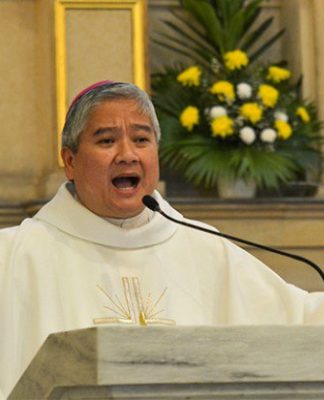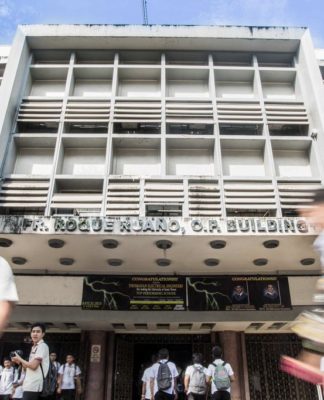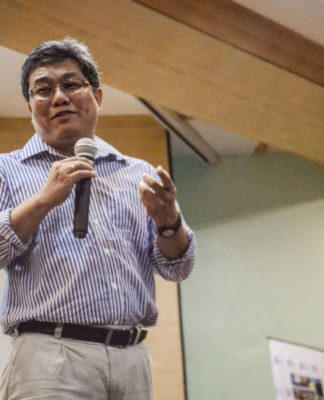IN THIS age where everything is just one click away, there is simply no excuse but to communicate.
This just galvanizes the booming of web blogs or ‘blogs,’ which have been widely accepted by net savvies since they were conceived in 1999. According to blog search engine Technorati.com, a blog is “a web site, usually maintained by an individual with regular entries of commentary, descriptions of events, or other material such as graphics or video.”
Evolution has it for blogs to serve a deeper purpose. The blogging community or “blogosphere” has become a rich pool of social interaction among Internet users that lets them engage in public discussions. Bloggers also disseminate information that somehow toes the thin line of journalism.
“What is new is the speed of shaping public opinion. Within a day of posting, thousands of people are talking about it,” Philippine Daily Inquirer editorialist John Nery tells the Varsitarian.
But since not all bloggers are journalists, the unedited contents of their blogs will only make them vulnerable to unpleasant consequences.
“The problem with the Internet is that it has no authority… Serious defamations result in libel suits because of lack of editing,” says Alice Colet Villadolid, a journalism professor and former New York Times correspondent.
In 2003, publisher Jonathan Dube of CyberJournalist.net issued a Blogger’s Code of Ethics, a modified version of the Society of Professional Journalists’ Code of Ethics for the Weblog world. There, bloggers are urged to follow ethical guidelines like being honest and fair in gathering and interpreting information and respecting their sources among many others. The Philippine Center for Investigative Journalism later adopted these guidelines.
Bloggers may argue that since they are not journalists, they need not adhere to the same code of ethics governing journalists. But CyberJournalist.net contends that “responsible bloggers should recognize that they are publishing words publicly, and therefore have certain obligations to their readers, the people they write about, and society in general.”
Context and accountability
For Nery, any craft has its own ethics, including blogging. But there should be a distinction between blogs that do journalism and those that do not.
“Some principles that we immediately apply in journalism do not apply to all bloggers, only those who consider themselves journalists,” says Nery, who just recently moved in his new blog johnnery.wordpress.com.
But both blogger and journalist should follow the basics of ethical blogging. He explains that when quoting somebody, the author should provide the context of the quote and attach the link.
“The link is very important because the language of the Internet makes the difference from all the languages that we use,” says Nery.
One should also hold himself accountable by having a “feedback loop.” That way, mistakes can be corrected.
But above anything else, one should never plagiarize or steal somebody’s intellectual property without citing the source.
To be taken seriously
With the Blogger’s Code of Ethics being relatively new, what are the chances that it will be taken seriously?
Villadolid, an executive trustee of the Philippine Press Institute when it drafted the Journalist’s Code of Ethics in 1988, suggests that organizations governing Internet journalism should bee established.
Nery says that knowledge of the blogger’s ethics is not just someone’s responsibility but of everyone in the blogosphere—bloggers, readers, and even blog societies.
“[For bloggers] to be taken seriously, they practically should take themselves seriously [first],” he says.
Though imposing ethical guidelines on blogs –a personal “space” among bloggers’ right at the heart of the cyber jungle –may seem unlikely, this should not be taken as means to curtail freedom of speech and expression.
In fact, “blogger’s code of ethics will make blogging possible and more responsible,” says Nery.
A code of ethics can only do so much to facilitate an ethical exchange of information. After all, the worldwide web is an intricate universe of communication traffic and therefore bloggers should take responsibility for their own –and other’s –safety.
“Remember the web has a long memory. Almost everything you put there can still be found even if you have already erased them,” says Nery.
Bloggers and net savvies may be enjoying the fruits of information technology today. But until such time that technology will finally be able to come up with its version of a cyber police that will watch over the bloggers, let guidelines serve as protection.
“In the end it is up to the individual bloggers to choose their own best practices,” says CyberJournalist.net.


















